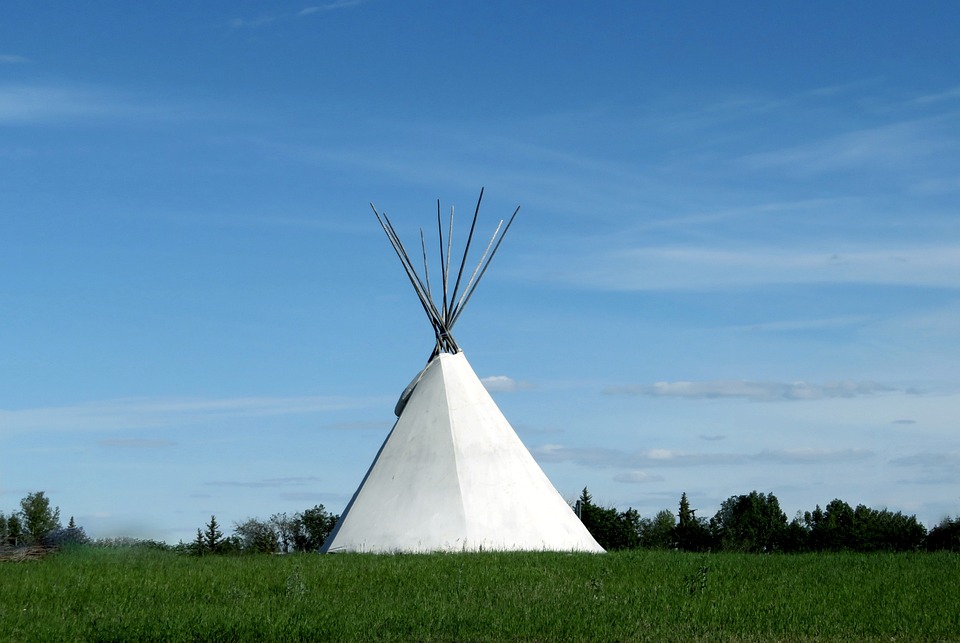Table of Contents
Introduction
Wild camping, also known as primitive or backcountry camping, is a thrilling way to experience the beauty and serenity of nature like never before.
Far away from bustling campgrounds and crowded tourist spots, wild camping allows you to immerse yourself in stunning natural landscapes, connect with wildlife, and rejuvenate your soul.
In this article, we will explore the incredible adventure that awaits those who dare to embrace the wilderness.
Choosing the Perfect Location
One of the most exciting aspects of wild camping is the freedom to choose your own secluded spot.
From dense forests to majestic mountains, the options are endless.
When selecting your location, consider factors such as accessibility, safety, and local regulations.
Research the area beforehand, consult local guides or hiking forums, and always leave no trace behind to minimize your impact on the environment.
Gear and Essentials
Proper gear is essential for a successful wild camping trip.
Invest in a durable, lightweight tent, a warm sleeping bag, and a comfortable backpack.
Pack essentials such as a stove, water filter, first aid kit, and appropriate clothing for the weather conditions.
It’s also crucial to carry a map, compass, and a GPS device to navigate unfamiliar terrain.
Remember to pack responsibly, bringing only what you truly need while keeping your load as light as possible.
Skills and Safety
Wild camping requires a set of skills beyond basic camping knowledge.
Familiarize yourself with wilderness survival techniques, such as building a shelter and starting a fire.
Learn to read the signs of wildlife activity and understand how to safely store your food to avoid attracting animals.
It’s crucial to always let someone know about your trip details and expected return time, especially if you will be venturing into remote or challenging terrains.
Prioritize safety, respect local wildlife, and be prepared for emergencies.
Experience the Unparalleled Beauty
Unlike traditional camping grounds, wild camping offers unparalleled beauty and tranquility.
Wake up to breathtaking sunrises, fall asleep under a star-studded sky, and explore untouched natural wonders.
Whether you choose a coastal region, a remote forest, or a hidden mountain range, the raw and untouched beauty of wild camping will leave you in awe.
Embrace the opportunity to disconnect from the modern world and reconnect with the beauty of nature.
The Rewards of Wilderness
Wild camping is not only about the thrill and adventure; it also offers countless rewards for your well-being.
Spending time in nature has been proven to reduce stress, improve mental health, and increase creativity.
The solitude and silence of the wilderness provide a unique environment for self-reflection and personal growth.
You’ll develop a deeper appreciation for the world around you and gain a sense of accomplishment as you navigate challenging terrains and overcome obstacles.
FAQs
Q: Is wild camping legal everywhere?
A: Wild camping regulations vary from country to country, and even within different regions of the same country.
It’s vital to research and comply with the specific rules and regulations of the area you plan to visit.
Consult local authorities or park rangers to ensure you are camping legally and responsibly.
Q: How can I minimize my impact on the environment during wild camping?
A: The principles of Leave No Trace should be followed during wild camping.
This includes packing out all your trash, avoiding damage to vegetation, keeping noise levels to a minimum, and respecting wildlife and their habitats.
Practice responsible camping to preserve the pristine beauty of nature for future generations.
Q: What is the best time of year for wild camping?
A: The best time for wild camping depends on the specific location and climate.
Research the region’s weather patterns and plan accordingly.
Avoid extreme weather conditions and consider the popularity of the area during certain seasons.
Spring and autumn often offer milder temperatures and fewer crowds, making them popular choices for wild camping.




